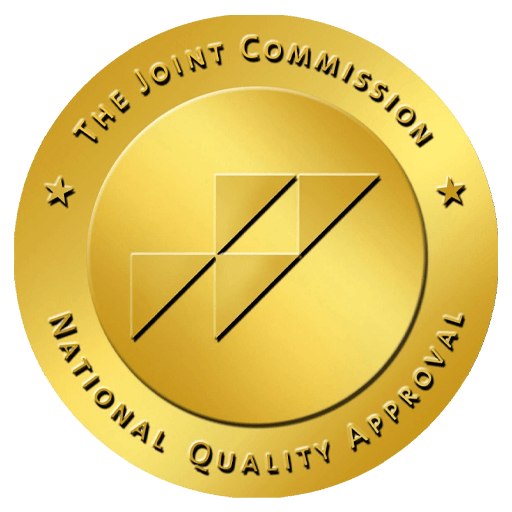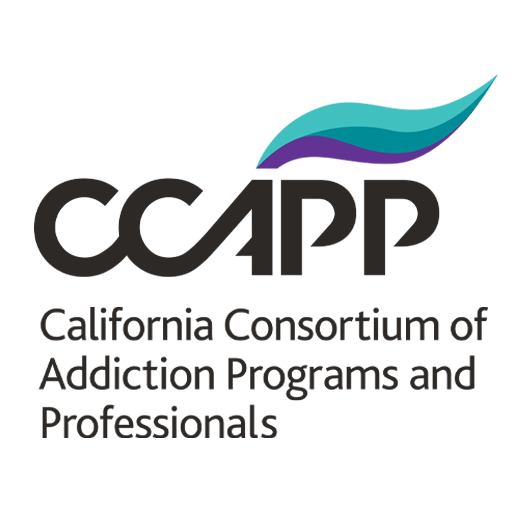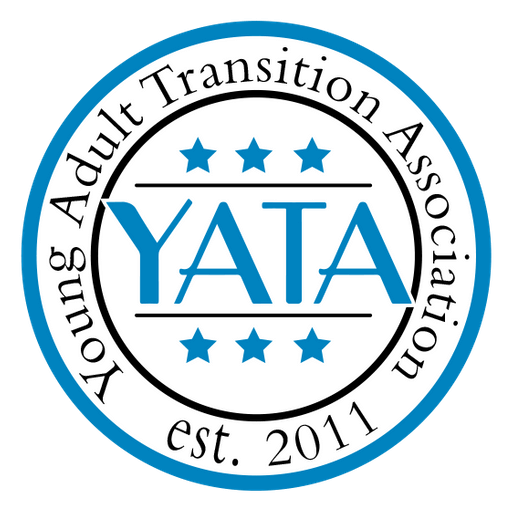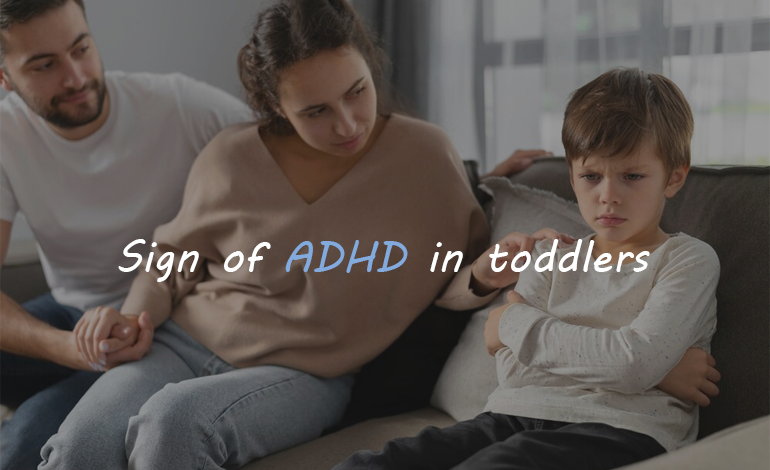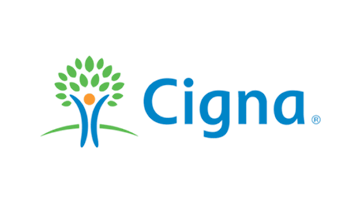Parenting toddlers can be both joyful and challenging, especially when trying to decode their behavior. Toddlers are naturally curious, energetic, and impulsive, but when these traits become excessive, they may indicate Attention-Deficit/Hyperactivity Disorder (ADHD).
Identifying ADHD in toddlers can be tricky, as it often overlaps with normal childhood behavior. However, understanding the signs early can help parents provide the right support and interventions. This guide will help you understand ADHD in toddlers and offer insights on how to support your child.
Signs of ADHD in Toddlers: What Parents Should Know
Early Signs of ADHD in Toddlers
4. Difficulty Following Instructions
6. Delayed Developmental Milestones
Causes and Risk Factors of ADHD
2. Create a Structured Environment
3. Encourage Physical Activity
4. Practice Positive Reinforcement
What Is ADHD?
ADHD is a neurodevelopmental disorder that affects a child’s ability to focus, control impulses, and regulate their energy levels. It is typically diagnosed in childhood and can persist into adulthood. ADHD manifests in three main types:
- Predominantly Inattentive Type: Challenges in paying attention and staying focused.
- Predominantly Hyperactive-Impulsive Type: High energy levels and impulsive actions dominate.
- Combined Type: A mix of inattentiveness and hyperactivity/impulsivity.
Recognizing ADHD in toddlers requires a keen understanding of its symptoms and how they differ from typical developmental behaviors.
Early Signs of ADHD in Toddlers
While ADHD diagnoses are generally made after the age of four, certain signs may become apparent in toddlers. These include:
1. Excessive Energy
All toddlers are energetic, but those with ADHD may seem constantly “on the go.” They might:
- Struggle to sit still during meals or activities, often needing to move their hands, legs, or entire body to stay engaged. This restlessness can make structured activities, such as storytime or eating, particularly challenging.
- Climb on furniture or run around inappropriately, even in settings where it’s unsafe or socially unacceptable, like a restaurant or library.
- Move from one activity to another without finishing any, showing an inability to focus on a single task. For instance, they might start building a tower of blocks but abandon it midway to chase after a toy car.
2. Impulsivity
Impulsiveness in toddlers with ADHD goes beyond the norm. This may look like:
- Difficulty waiting for their turn during play, which can lead to frustration among peers. For example, they might grab toys from others or push ahead in line.
- Interrupting conversations or games frequently, often blurting out unrelated thoughts or demands without regard for the current activity.
- Acting without thinking, such as running into danger, grabbing hot objects, or darting away in public spaces. This lack of forethought can put them at risk of accidents and injuries.
3. Short Attention Span
Toddlers with ADHD often find it hard to focus, even on activities they enjoy. Parents might notice:
- Difficulty listening to instructions, often appearing distracted or disengaged. They might look away or seem absorbed in their own thoughts.
- Frequently switching toys or activities, unable to maintain interest for more than a few minutes. For instance, they might abandon a favorite puzzle to start scribbling, only to switch to another toy moments later.
- Struggling to complete simple tasks, such as tidying up their toys, because they become easily sidetracked by other stimuli in their environment.
4. Difficulty Following Instructions
While toddlers are still learning to process directions, those with ADHD may:
- Ignore instructions entirely, not out of defiance but because their attention is diverted elsewhere. For example, they might not respond when asked to pick up a toy or come to the table.
- Struggling with multi-step directions, finding it overwhelming to remember and execute even basic sequences like “put on your shoes, then grab your bag.”
- Appear defiant, although the behavior stems from inattentiveness rather than intentional resistance. This can lead to misunderstandings between parents and their child.
5. Frequent Tantrums
Emotional regulation can be particularly challenging for toddlers with ADHD. Signs include:
- Meltdowns that last longer or occur more frequently than usual, often triggered by seemingly minor frustrations, such as a misplaced toy or a delayed snack.
- Difficulty calming down once upset, requiring significant effort from caregivers to soothe them. This may involve prolonged crying, screaming, or physical outbursts.
- Seeming overly frustrated by small obstacles, such as not being able to fit a piece into a puzzle. Their heightened emotional responses can make everyday interactions more stressful for both the child and their parents.
6. Delayed Developmental Milestones
In some cases, ADHD in toddlers may be accompanied by delays in speech, motor skills, or social interactions. These delays might include:
- Trouble forming sentences, with language development lagging behind peers. For example, they might rely on single words or gestures to communicate well past the age when sentences are expected.
- Difficulty interacting with peers, often struggling to share, take turns, or engage in cooperative play. This can lead to social isolation or frequent conflicts.
- Poor coordination in physical activities, such as catching a ball, climbing stairs, or using utensils. These challenges can affect their confidence and willingness to participate in group activities.
7. Sensory Sensitivities
Some toddlers with ADHD may have heightened reactions to sensory input, such as:
- Being overly sensitive to loud noises, textures, or bright lights. For instance, they might cover their ears at the sound of a vacuum or refuse to wear certain fabrics.
- Craving sensory stimulation, such as touching everything in their environment, spinning, or bouncing. They might constantly seek new sensory experiences, often in ways that seem excessive or inappropriate.
By paying close attention to these behaviors and their frequency, intensity, and impact, parents can better understand whether their child’s actions align with typical development or warrant further evaluation.
Causes and Risk Factors of ADHD
While the exact causes of ADHD are not fully understood, several factors can contribute:
- Genetics: ADHD often runs in families.
- Brain Development: Differences in brain structure and function can play a role.
- Prenatal Factors: Exposure to alcohol, tobacco, or stress during pregnancy.
- Environmental Influences: Early exposure to toxins like lead.
Understanding these factors can help parents approach the situation with empathy and knowledge.
What Parents Can Do
If you suspect your toddler may have ADHD, early intervention is crucial. Here are some steps parents can take:
1. Consult a Professional
Speak with your child’s pediatrician or a child psychologist to discuss your concerns. They may:
- Conduct developmental screenings.
- Observe your child’s behavior over time.
- Rule out other potential causes for the behavior.
2. Create a Structured Environment
Toddlers with ADHD thrive in predictable routines. Establish:
- Regular meal, nap, and playtimes.
- Clear rules and expectations.
- Visual schedules to help your child anticipate what comes next.
3. Encourage Physical Activity
Channel your toddler’s energy into constructive outlets, such as:
- Outdoor play.
- Dancing or jumping games.
- Activities that involve movement and focus, like building blocks.
4. Practice Positive Reinforcement
Recognize and reward good behavior to reinforce positive actions. For example:
- Praise your toddler when they follow directions.
- Use sticker charts or small rewards for milestones.
- Focus on their strengths and celebrate achievements.
5. Teach Emotional Regulation
Help your toddler manage their emotions through:
- Breathing exercises or calming techniques.
- Modeling appropriate ways to express frustration.
- Using books or toys to explore feelings.
Conclusion
Recognizing the signs of ADHD in toddlers is the first step toward understanding and supporting your child. At My Limitless Journeys, we are here to guide you every step of the way. Our team specializes in providing tailored treatment and interventions for children with ADHD, helping them unlock their full potential.
If you’re concerned about your child’s behavior, don’t wait—contact My Limitless Journeys today to schedule a consultation and start your child’s journey towards a brighter future.





